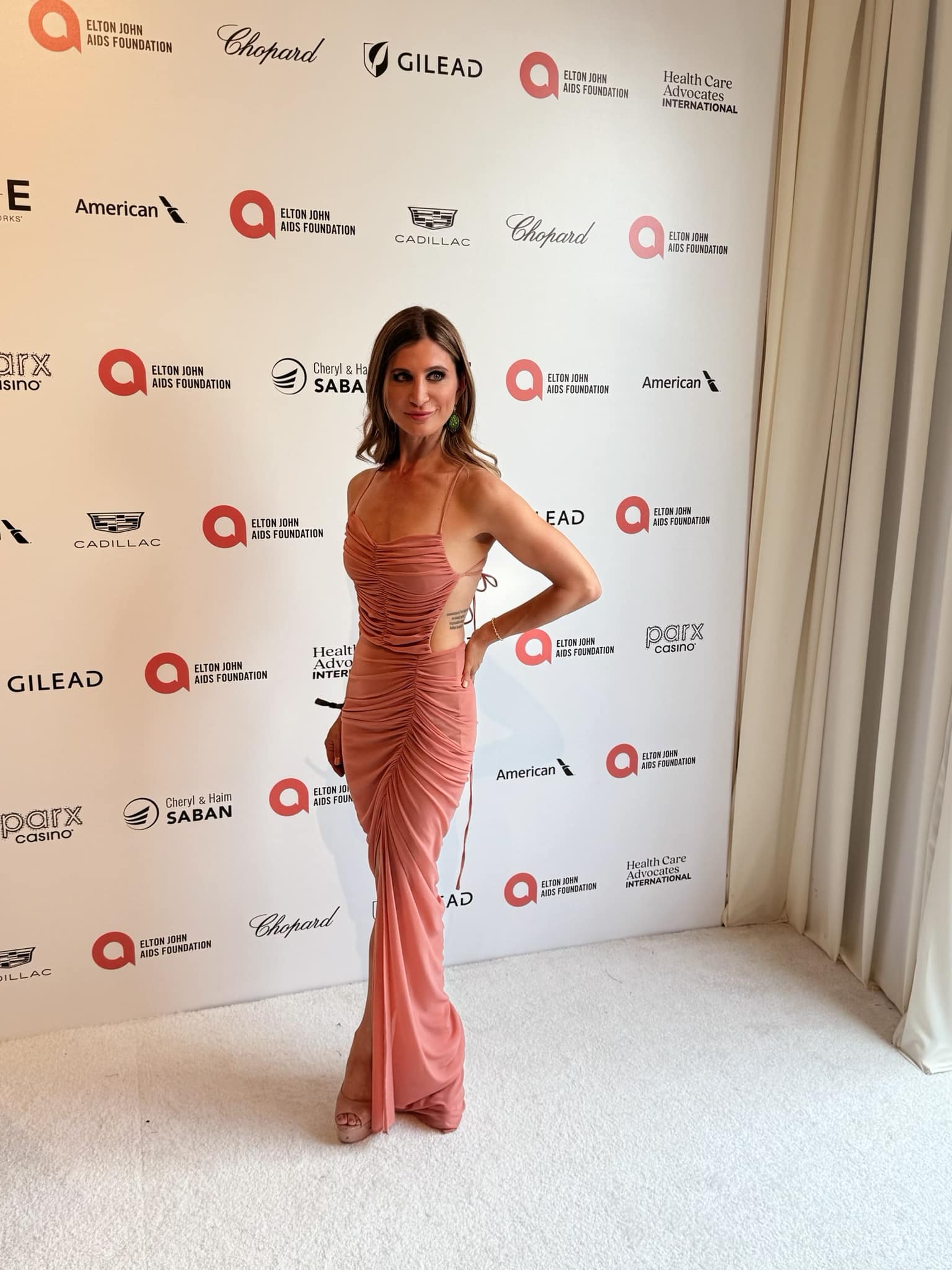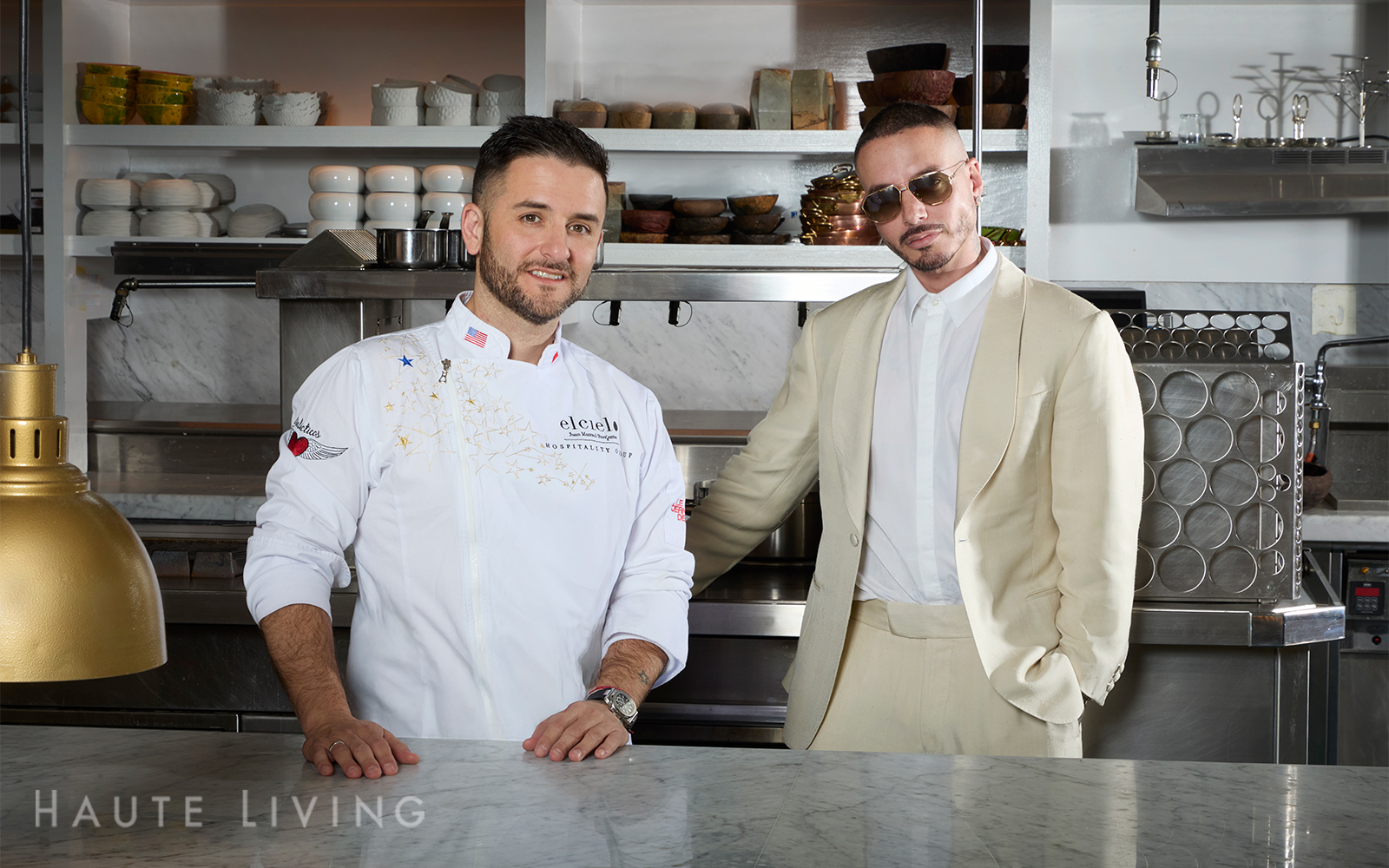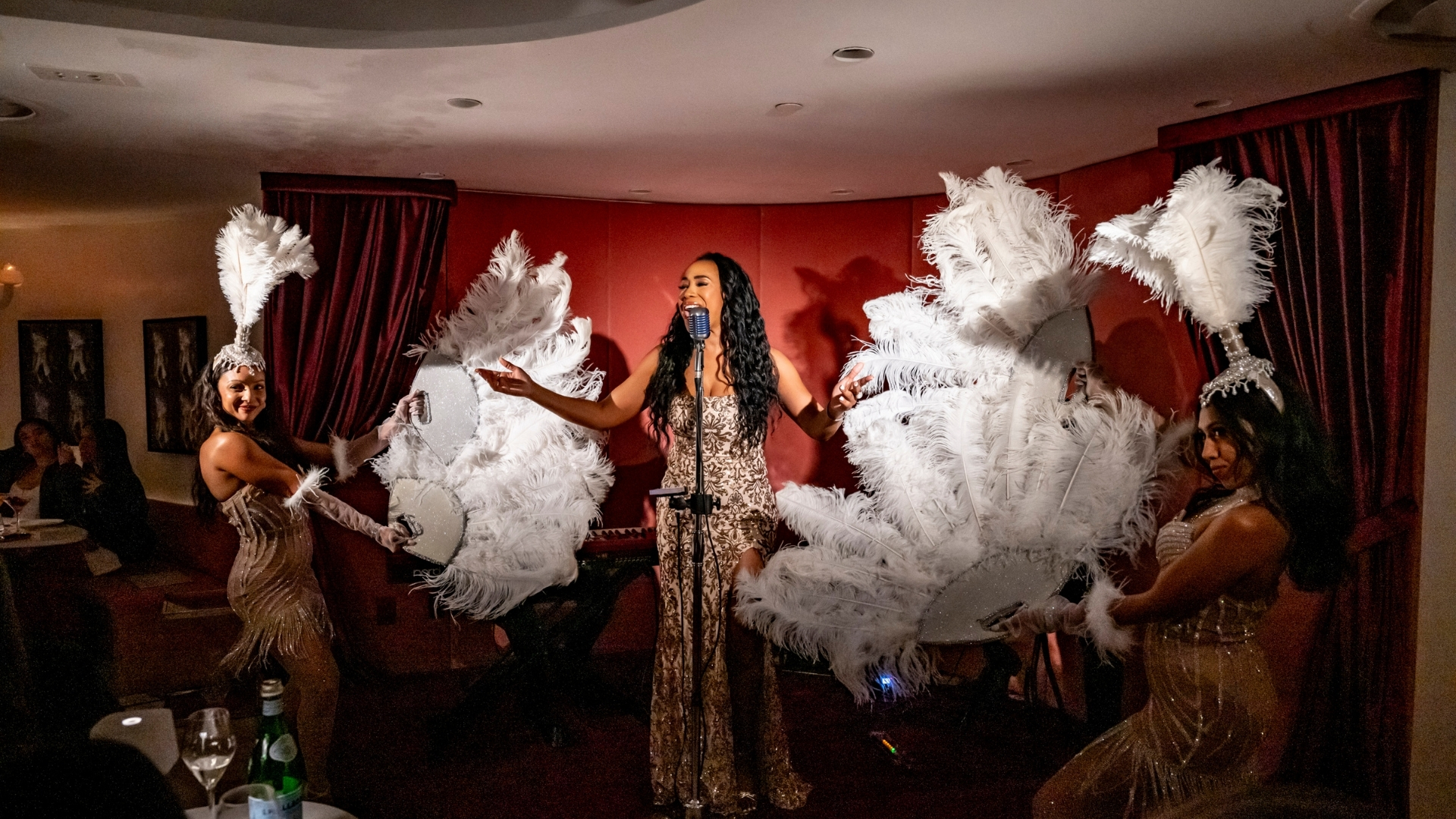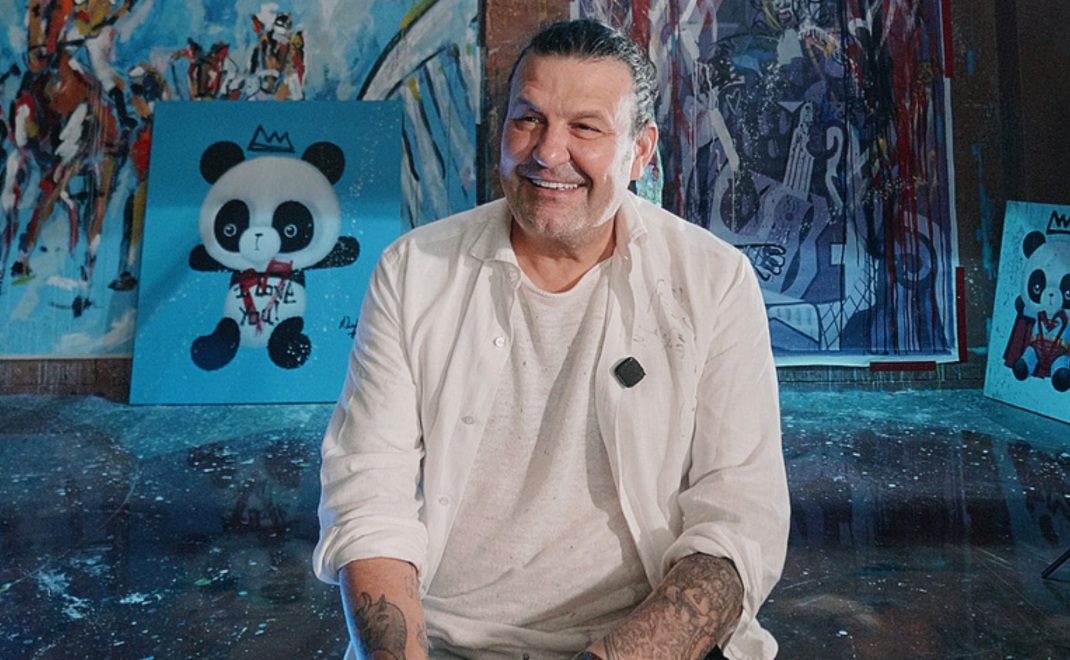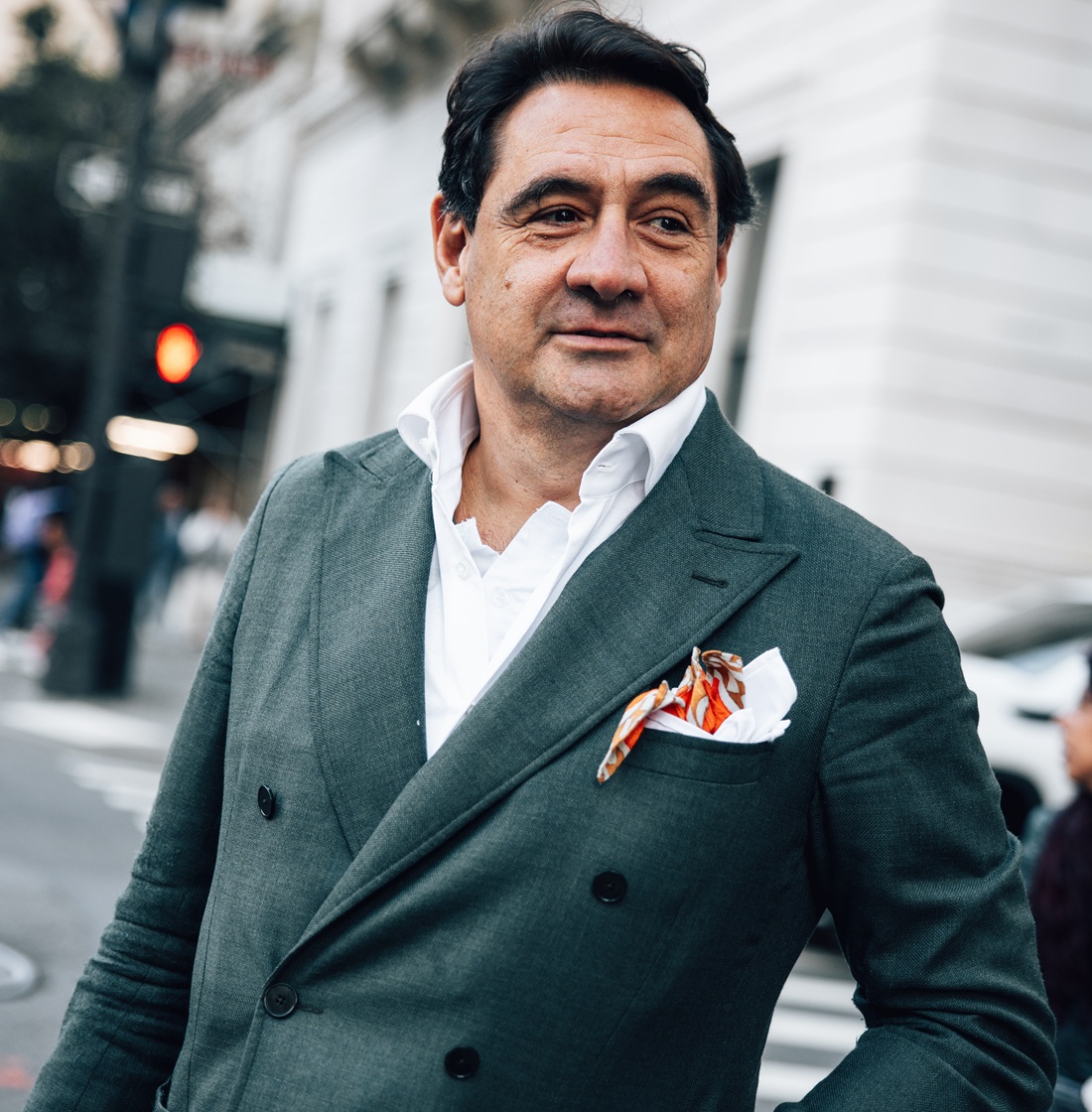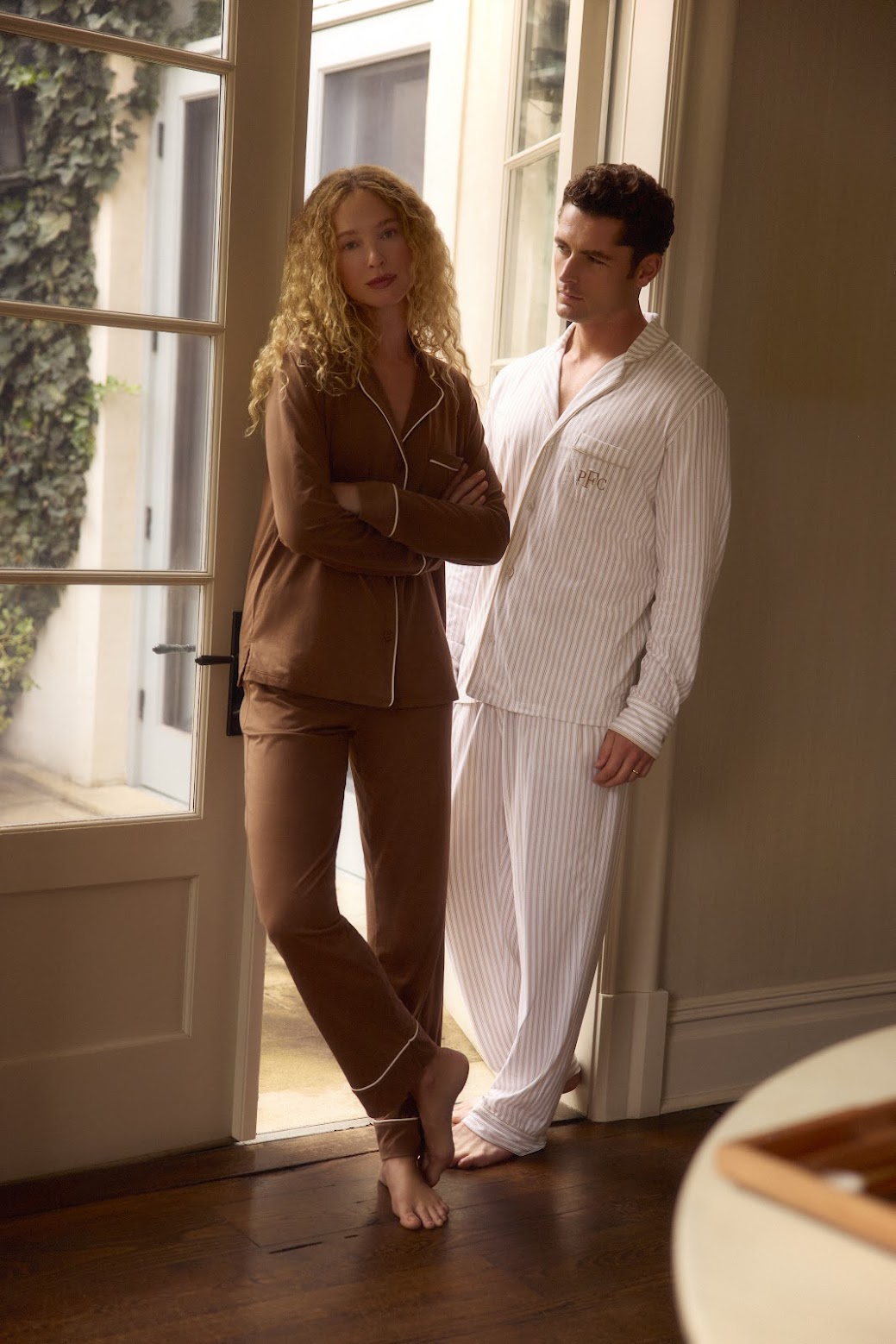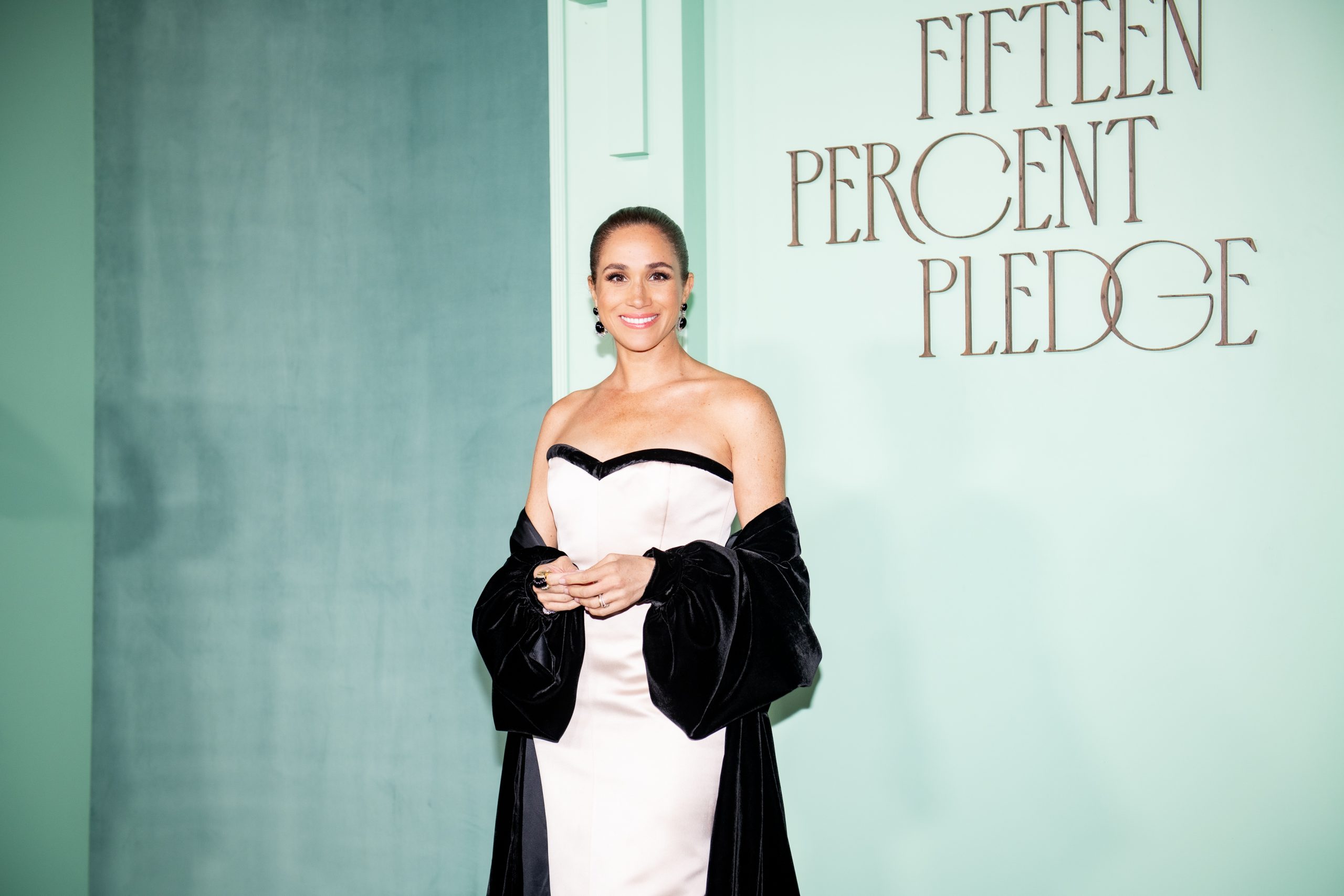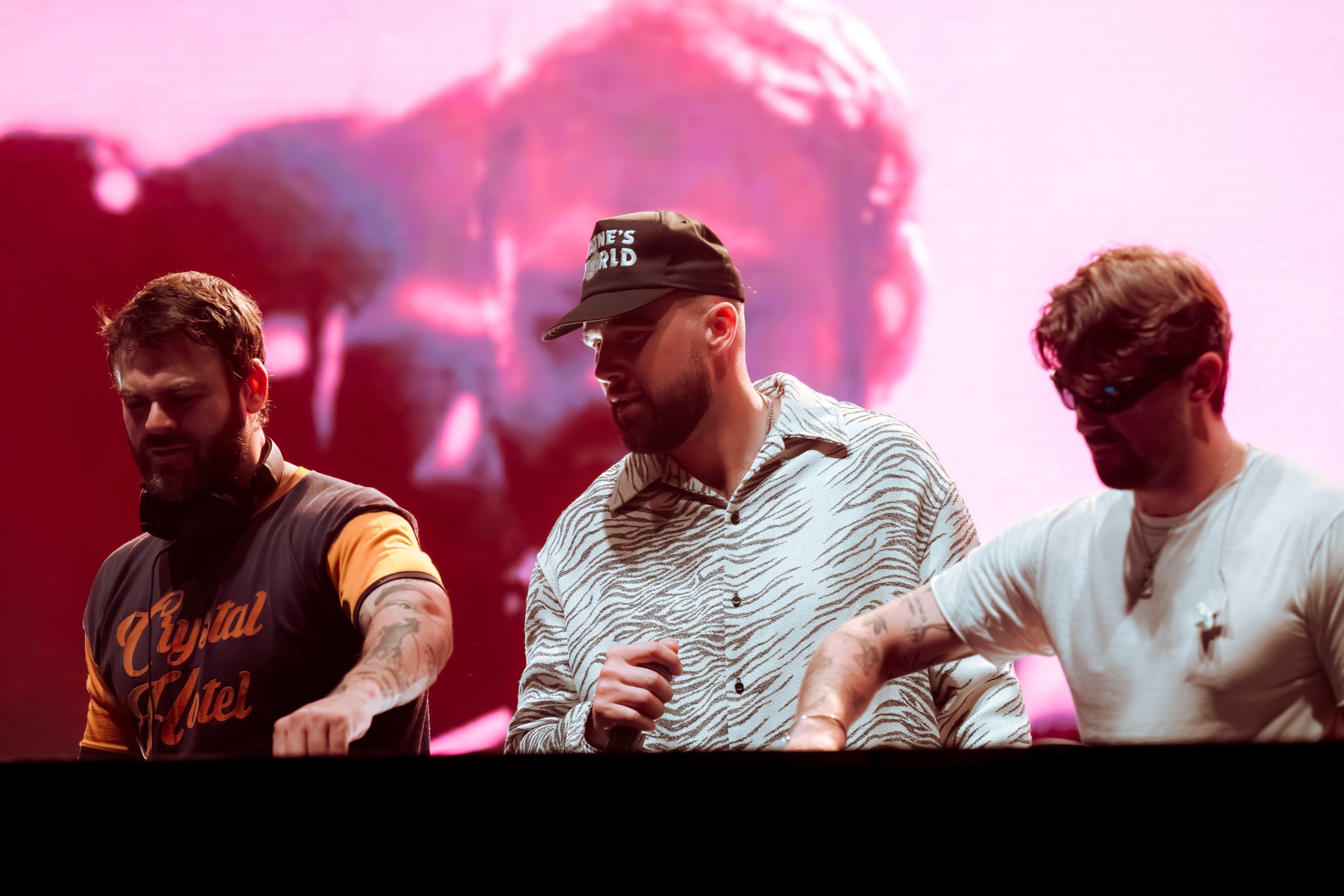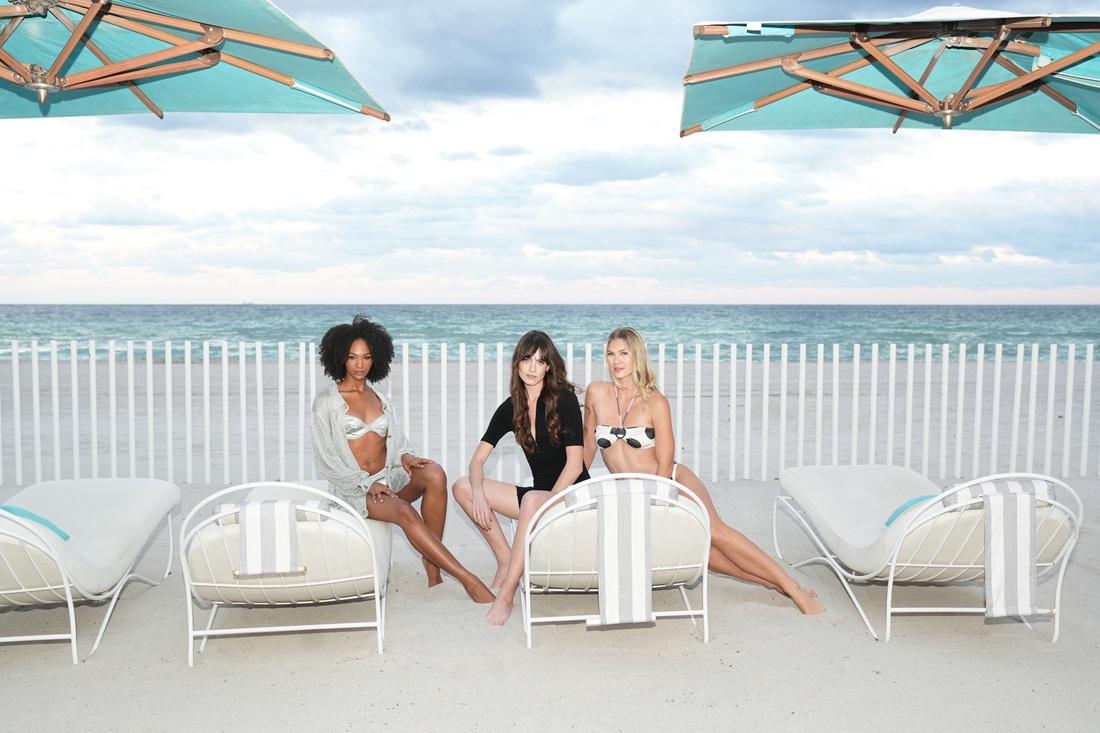Kendrick Sampson: How HBO’s “Insecure” Star Learned To Take Control Of His Life And Become Confident
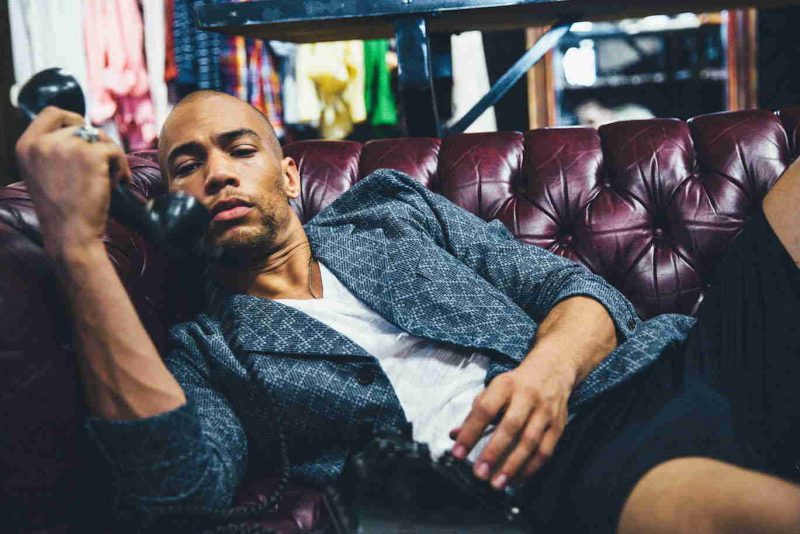 Photo Credit: Solmaz Saberi
Photo Credit: Solmaz Saberi
Let the record show, despite starring on the HBO series Insecure, Kendrick Sampson is anything but. That being said, it hasn’t been easy. He was bullied for just about everything growing up in Houston, Texas, but channeled that feeling of powerlessness and used it to take back his confidence as he became an adult. Now, the 32-year-old actor—whom fans will recognize from The Vampire Diaries, Gracepoint, How To Get Away with Murder, Supernatural and The Flash is using that confidence to inspire others.
He uses his voice to empower marginalized communities and to shine light on issues of inequity, focusing on racial justice, specifically intersectionality within criminal justice reform and uniting the oppressed Black, Brown & Indigenous communities. He is a proud supporter of the Standing Rock and Black Lives Matter movements, progressive political campaigns, and social justice education. A true advocate for change and community building, Sampson is in the third year of BLD PWR, an organization committed to taking action and how to do so in a healthy way. The ultimate goals are to build up the next wave of activists while providing resources and tools for equitable change on a grassroots level.
Here, we talk to Sampson about how he became confident, what he’s doing to take back the power on all levels, how he’s been spending his quarantine and what’s next for someone who believes that only the sky is the limit—as long as you believe in yourself.
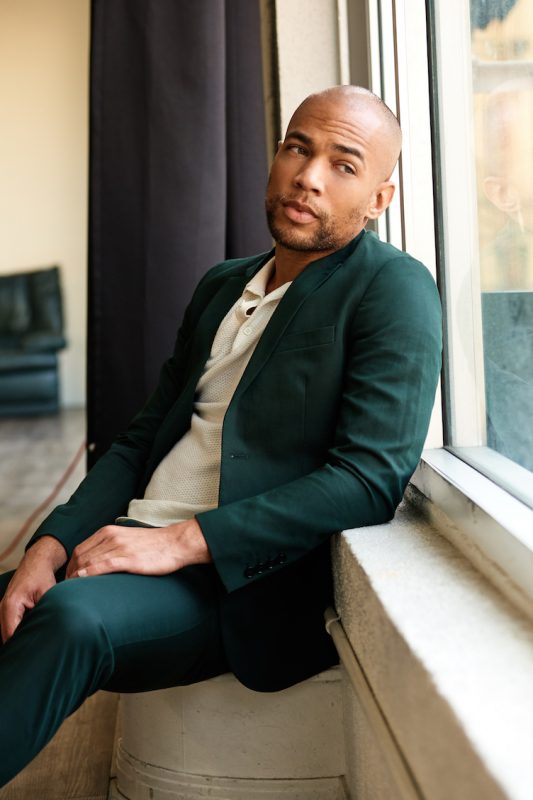 Photo Credit:Justin Vaseur
Photo Credit:Justin Vaseur
How are you today? Where are you?
I’m alright! Taking things day by day in L.A.
How has your life been impacted by COVID-19?
The biggest difference has been quarantine life. I have NEVER been someone to stay at home. I have not spent this much time in one state in years! I have not stayed in my home this much EVER in my entire life. Since everything is digital, it surprisingly has been overwhelmingly busy. My home has turned into a production/broadcast studio as I have to film and edit videos, and do constant live streams, interviews, zoom calls and photoshoots for press, work and our non-profit initiative BLD PWR (Build Power). It has been nonstop work on top of being there for my people who are going through rough times in this crisis.
Have you learned any new skills or anything new about yourself through self-reflection during the quarantine? How have you pivoted during the quarantine?
I learned how to properly season a new cast iron skillet. I also learned how to order furniture online and how to send it back because almost every single thing has been wrong or damaged at least once. I started this quarantine with no furniture and now I have a bed. So… progress. I loathe online shopping.
As far as pivoting, two things: 1) Everything is digital. Everything. 2) I thought I was going to get cabin fever with a quickness, but work and the ever growing need to fight for people in continuing crises like police violence, exacerbating crises such as housing during and mental health because of this crisis has kept my focus off my circumstance.
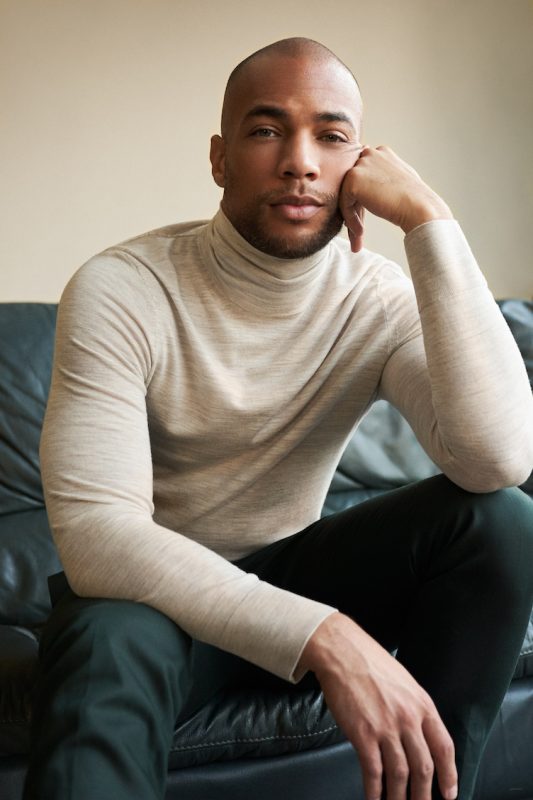 Photo Credit:Justin Vaseur
Photo Credit:Justin Vaseur
Now, on to happier topics. You kicked off the year launching your new film “Miss Juneteenth” at Sundance. Can you share what it was like shooting the film and what your experience was like on set? Why is it a memorable project? Why should viewers watch it?
Short answer: July fourth is bullshit. Long Answer: Black folks were not “independent” or “free” on July 4, 1776. We grew up in Texas celebrating June 19, 1865 aka Juneteenth – the day that the last slaves were informed they were free on Galveston Island, about 30 minutes from where I grew up in Mo. City, TX, years after the Emancipation Proclamation was signed. It is my favorite Holiday. Miss Juneteenth gives a little glimpse into the culture that was build up around the day. Nicole Beharie is a phenomenal actress and she plays Turquoise, a Black woman, former pageant champion, Miss Juneteenth. The film follows her as she navigates her relationship with her daughter in the Miss Juneteenth pageant. It gives a little history, shows the parades, pageants, food culture around Juneteenth. It also shows Turquoise’s journey, flaws and all. We need more stories about regular, imperfect, everyday Black folks. We usually have to be the “first” this or that or be so extraordinary, a ‘Hidden Figure’ in order to earn our stories to be told – either that or criminalized, enslaved or demonized – no nuance. While we need more stories about our history, we should not have to earn the right for our everyday stories to be told. Meanwhile, we see so many movies about mediocre white folks just going about their lives. People should support this movie so that we get more like it. That is why I love Insecure: us just being.
Pivoting to HBO’s “Insecure”: Let’s talk about that abrupt ending. Can you shed light on what Nathan was essentially going through at that time?
Honestly, I think he was doing his best to express what he was feeling and what was going on in his head. Like many men, especially Black men, he did not really have the proper tools to do so. He did not really have the proper tools to do so. According to him, he was depressed and it seemed like it went much deeper than that, but he did not know how to express that. Black men have to deal with heightened toxic masculinity because many of them grew up with the survival-of-the-fittest mentality due to oppressive environments and injustice. That, along with generational trauma and lack of mental health resources is a recipe for poor mental health. Poor mental health is forced on our communities and the resources to care for our mental health are withheld. All of this informs that moment and how Issa processed it.
What’s the most challenging part of playing Nathan? How do you relate to him? How do you differ?
I am pretty good at expressing myself, but when it comes to my mental state, I am often at a loss for words. I experience pretty severe anxiety and have various mental health illnesses and substance abuse in my family. So, that last scene broke my heart. I am from Houston though, so the similarities are endless. Episode 4, I have had almost every single one of those conversations: the difference between the Mexican food in Cali and Texas, BBQ, how clean and deceptive the hoods are in LA. I also met a girl when I first got to LA, similar to Issa and Nathan and she showed me LA. We hopped a fence and skinny dipped in a pool. All of that. I had an amazing scene partner in Issa so I was mostly just worried about making my home city proud. Htown. Mo City. Tx.
Do you consider yourself to be “Insecure?” If yes, talk about that. If not, also talk about that. If you were but are no longer, how did you come to terms with insecurity?
I would not define myself as insecure. I do have insecurities. I grew up as a biracial Black kid in Texas. People would make fun of me because of my parentage, my glasses (I got glasses at 5 or 6 years old), how skinny I was, my walk, my talk, the way I dressed, how nerdy I was. EVERYTHING. That stuff doesn’t ever go away. I learned to become confident in my purpose: to leave this world better than I found it, to find the misfits, like myself, and to liberate and build with them to make sure the most vulnerable are okay. I know that I was given that purpose by God. That is all of our purpose. I know that every privilege I can find and seeming flaw that I have is purposed to be used to liberate folks. So, I do just that. My confidence comes from that.
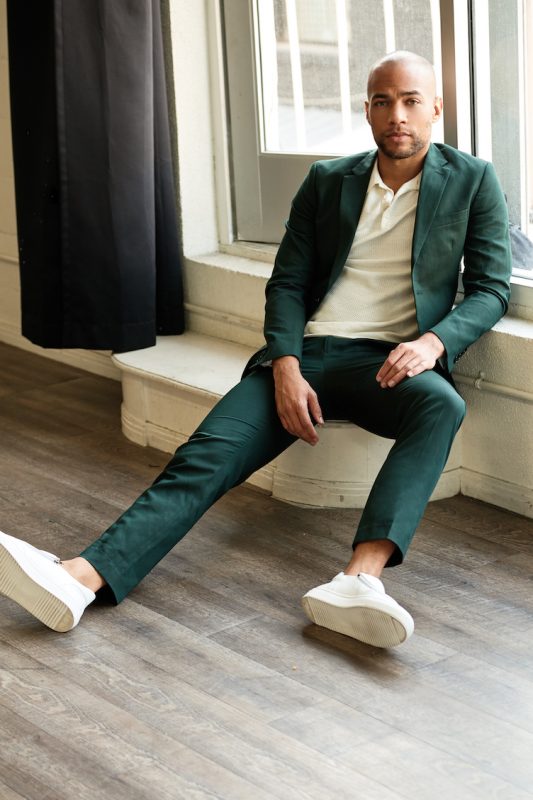 Photo Credit:Justin Vaseur
Photo Credit:Justin Vaseur
You founded BLD PWR to advocate for justice, increase civic engagement, and advance social change. Can you describe BLD PWR in your own words? What are your goals?
I co-founded with grassroots organizers Mike De La Rocha and Tia Oso. We set out to build community around liberation culture. We saw how much Hollywood was contributing to and perpetuating harm through capitalism, problematic stereotypes and storylines or celebrity quotes in interviews that did more damage than help to progressive and liberatory movements. We realized there was a need for connection, education and translation between Hollywood and radical grassroots community organizers, liberators and organizations around the country and that we needed safe spaces to build community to develop trust between Hollywood and the grassroots space. We provide those safe spaces to expand our imagination and build community with world changing liberators, access to that education through materials, campaigns and amazing radical professors, amplification of the amazing work of organizations and opportunities to get involved in the work.
May is Mental Health awareness month. Can you share how you are utilizing your platform to educate others on normalizing the topic, especially among black men?
I talk about it as much as I can and put in work to liberate my mental health and others. We started a book club called BLD Knowledge. For Mental Health Awareness Month, we are focusing on mental health in oppressed communities. Our first book is “When they Call You a Terrorist” by one of the people I hold dearest in my life, Black Lives Matter co-founder Patrisse Cullors. In the book, part of her journey she touches on is her experience fighting for her brother Monte as his mental health journey is criminalized. We are digging into that and connecting it to the broader fight for liberation in mental health care. We are hosting a watch party for Bedlam, an incredible mental health doc on PBS. We are collecting, organizing and sharing mental health resources, and information, work and campaigns to share, educate and amplify. The one I know I am able to share is we are amplifying a survey led by Dr. Shawn Bediako professor at the University of Maryland, Baltimore County and the awesome Kameelah Mu’Mun Rashad, founder and president of Muslim Wellness Foundation who I met through an incredible filmmaker and journalist Assia Boundaoui, of “The Feeling of Being Watched.” The survey is for the Impact of COVID-19 on Black Communities. It is an anonymous and confidential survey to obtain information on the psychosocial, economic and community impact of the COVID-19 pandemic on a national sample of Black folks. It has been approved by UMBC and the Institutional Review Board. The information would help us better assess the needs of the Black community at this time, which has been hardest hit by this crisis.
What other projects are you working on this year?
Between BLD PWR, liberation work, furnishing my house and creating my own projects, I am pretty swamped. I am waiting to hear if our show, created by Ed Zwick and Marshall Herskovitz, Thirtysomething(else), will get picked up. Everything else that I might have been able to talk about is up in the air right now. We will see!
What to you is the greatest luxury in life and why?
My greatest luxury in life is perspective and community. I know so many people who cannot see past their circumstance because they are buried in it through no fault of their own. I do not take my perspective lightly. I am privileged to be in community with some of the best hearts and spirits in the world. I truly believe that.
WATCH:
WHAT KENDRICK SAMPSON LEARNED
DURING THE COVID-19 LOCKDOWN
Follow Kendrick on Instagram HERE

